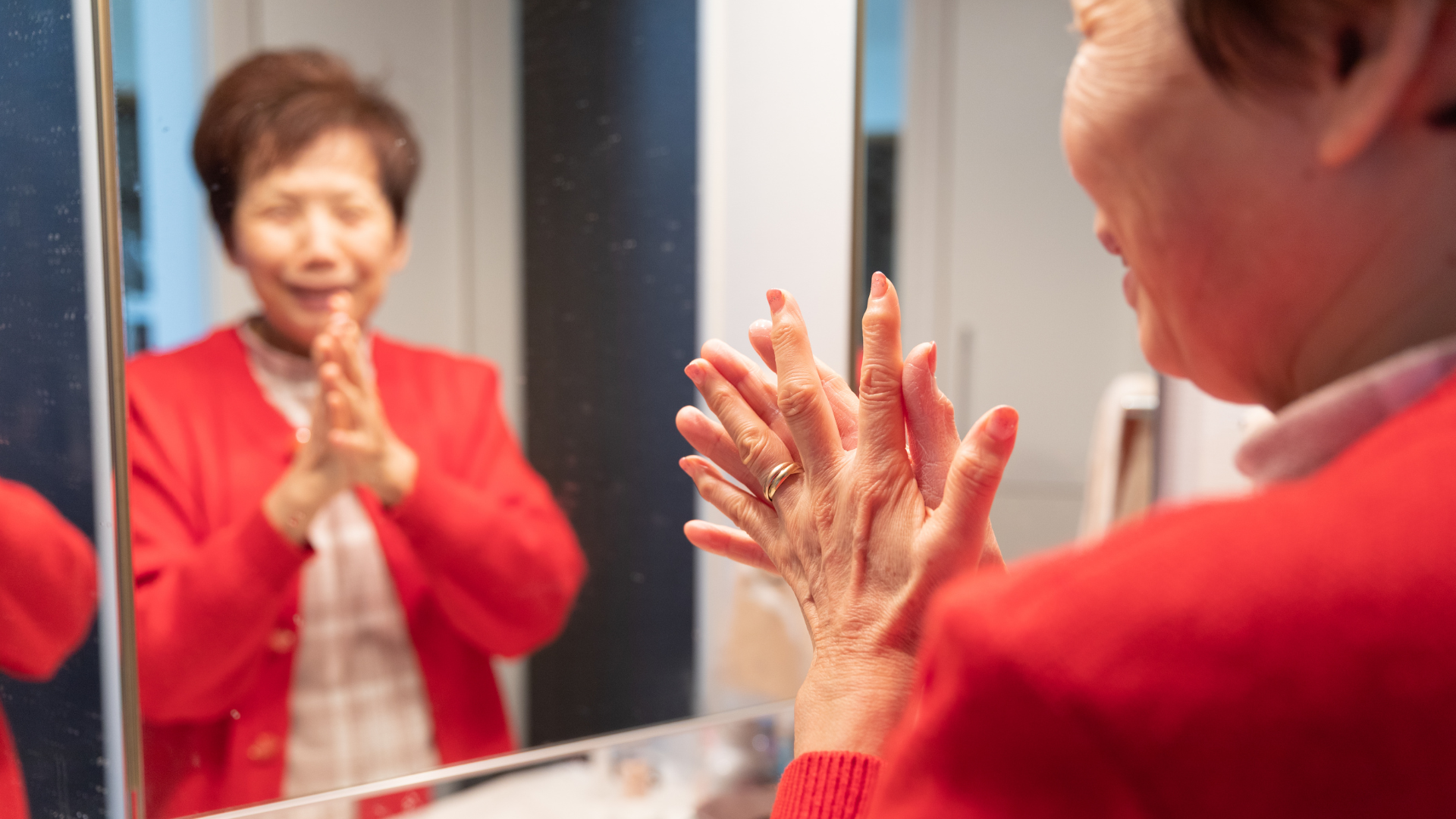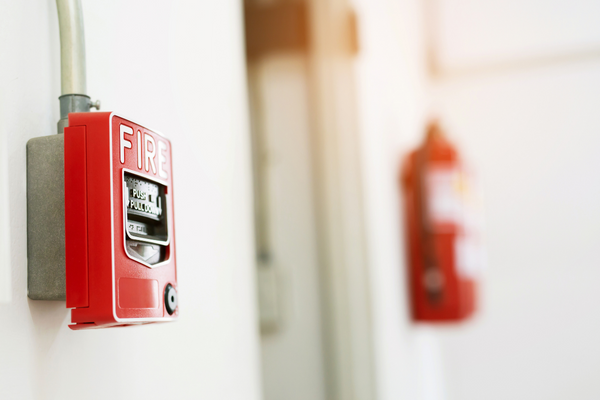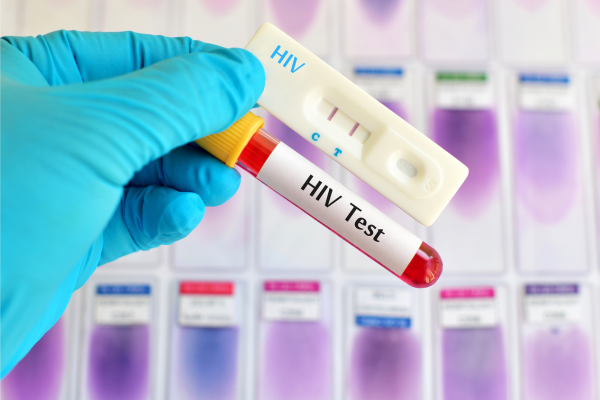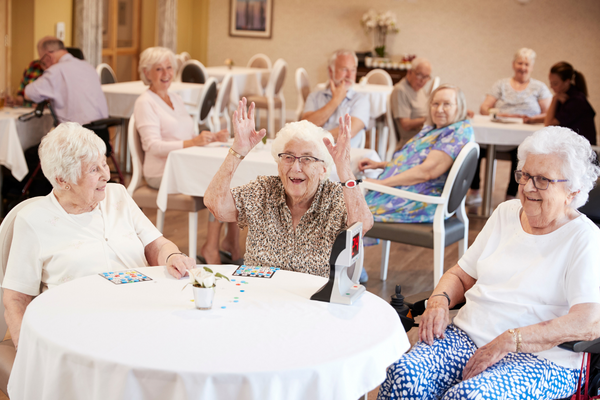
Many residents in assisted living require some type of assistance with
the activities of daily living – bathing, dressing, grooming, eating,
toileting and ambulation.

Dementia not only impacts the life of a person diagnosed - the
lives of those closest to that person are changed forever as well. This
course explores the most common emotions and challenges felt by
those impacted by dementia, and covers strategies on how we, as care
providers, can best support them.

Assisted Living and Senior Living staff and residents need to know what to do in a fire emergency. This course covers the basics of fire prevention, fire response and fire safety planning.

Human immunodeficiency virus (HIV) is an infection that can lead to
Acquired Immune Deficiency Syndrome (AIDS). This course will help you
understand basic information about the modes of transmission, infection
control procedures, clinical management, and the prevention of human
immunodeficiency virus and acquired immune deficiency syndrome .

Assisted Living communities must provide services in a manner that
reduce the risk of transmission of infectious disease. In this course,
you will learn about infection prevention and control practices to follow when working in assisted living.

The environment in which a person with Dementia resides should be
supportive by improving their quality of life and limiting any increase
in confusion or behavioral concerns. This course will review the
importance of safety and security measures in Assisted Living and Memory
Care communities, and the impact of both the physical environment and
staff's role in creating a positive atmosphere for the residents.

This course will help the learner gain a better understanding of why residents move in to Assisted Living and how to support residents’ independence, dignity and autonomy while providing assistance with personal care, as well as how to meet the cognitive, spiritual, emotional and physical needs of residents through social and leisure activities.